





Meet the CCT Course Team Copy
This course was developed by a team of leading experts focused on understanding the critical role of prevention and early intervention in the lives of children who struggle with stress, anxiety, and trauma.
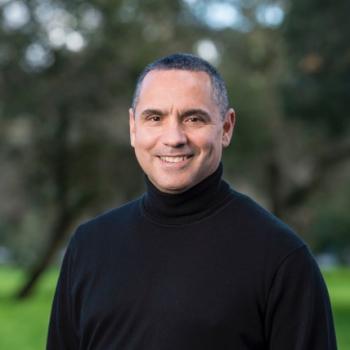
Dr. Victor Carrión
Dr. Victor G. Carrión, M.D., is the John A. Turner, M.D. Professor and Vice-Chair of Psychiatry and Behavioral Sciences at Stanford University and Director of the Stanford Early Life Stress and Resilience Program. He is in the faculty at both Stanford University School of Medicine and Lucile Packard Children’s Hospital. His multidisciplinary research on the behavioral, academic, emotional, and biological late effects of experiencing trauma has led to the development and implementation of effective new interventions for treating children who experience traumatic stress. Using Posttraumatic Stress Disorder (PTSD) as an anchor, Dr. Carrión is investigating, through longitudinal studies, the effects of stress on developmental physiology and brain development and function.
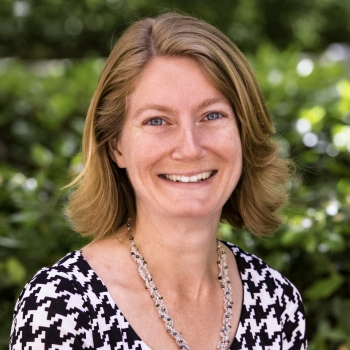
Dr. Hilit Kletter
Dr. Hilit Kletter, Ph.D., is a licensed child psychologist with specialization in childhood trauma and posttraumatic stress. She is director of the Stress and Resilience Clinic within Stanford’s Pediatric Anxiety and Trauma Clinic. She provides assessment, consultation, and treatment for youth with a wide range of traumas. She provides teaching, training, and supervision to students, clinicians, and the community, nationally and internationally. Dr. Kletter helped develop and oversees the training program for Cue-Centered Therapy within the Early Life Stress and Resilience Program.
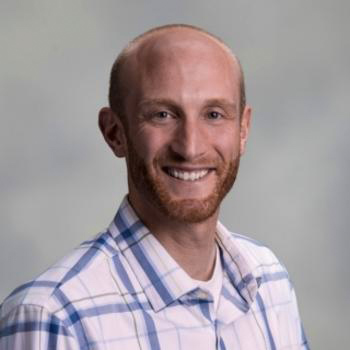
Dr. Ryan Matlow
Ryan Matlow, Ph.D., is a child clinical psychologist who serves as Director of Community Research Programs for Stanford’s Early Life Stress and Resilience Program. His clinical and research efforts focus on understanding and addressing the impact of stress, adversity, and trauma in children, families, and communities. In particular, Dr. Matlow seeks to apply current scientific knowledge of the neurobiological and developmental impact of stress and trauma in shaping interventions and systems of care. Dr. Matlow is focused on engaging diverse populations and providing evidence-based individual, family, and systems interventions for posttraumatic stress following interpersonal trauma.
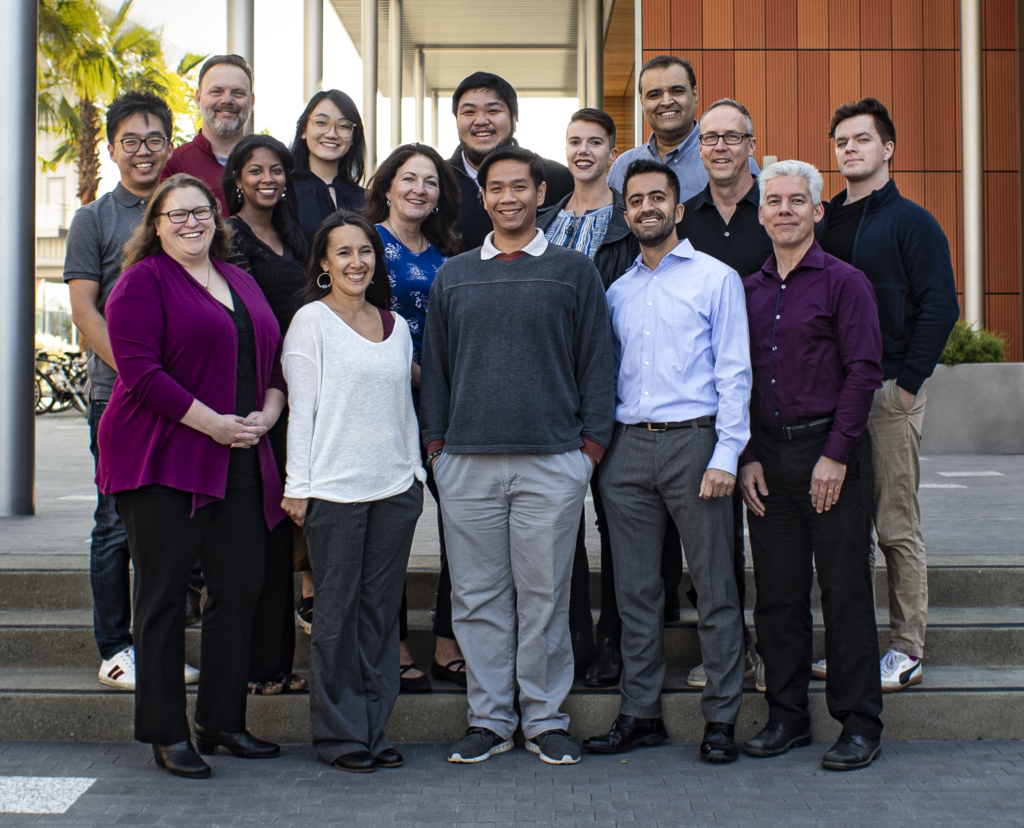
Course Design Team
The Educational Technology team (EdTech) at the Stanford School of Medicine applies technology solutions that facilitate positive learning experiences for students, staff, patients, and faculty. Our vision is to transform medical education by acting as a catalyst for the adoption of evidence-based, emerging, and engaging educational technologies. We strive to be leaders in the academic community by sharing our best practices.
EdTech partnered with the course content team to produce the instructional, interactive, and artistic components of this course.
Special Acknowledgements
Special thanks to the members of the medical community who have reviewed our content and provided valuable feedback, including:
Selma Tanovic, M.D., Cue-Centered Therapy Training Coordinator
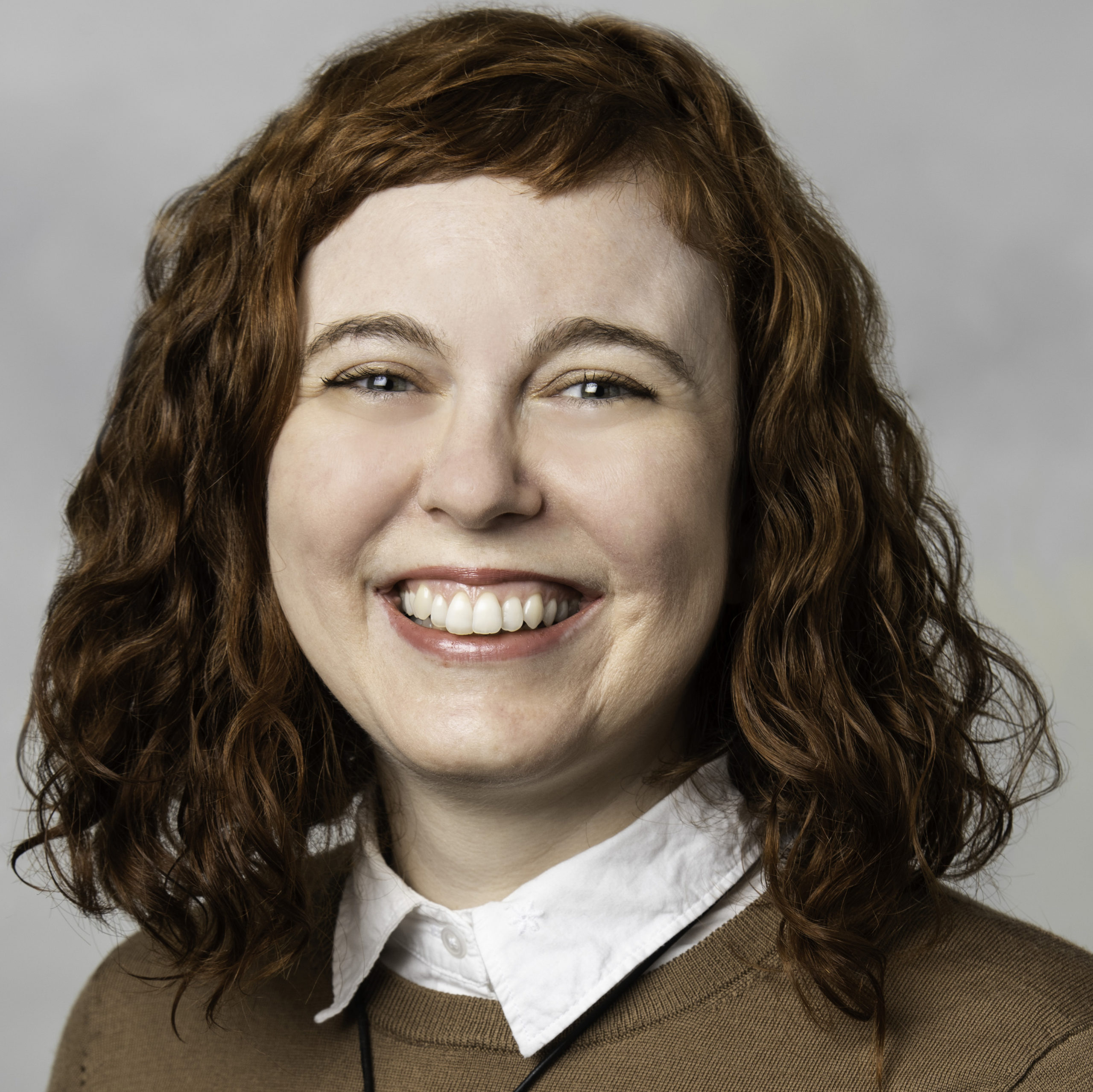
Selma Tanovic, M.D., M.Sc. is PGY-1 resident in psychiatry at Stanford. She completed her medical education in Sarajevo, Bosnia and Herzegovina; and two masters’ in medical anthropology at University of Amsterdam, the Netherlands, and L’École des hautes études en sciences sociales (EHESS) in Paris, France. She was one of the founders of War Childhood Museum in Sarajevo, a project that focuses on individual and collective lived experiences of children during the armed conflicts. Selma is interested in child psychiatry and in particular in chronic trauma in children and youth and has worked as Cue-Centered Therapy Training Coordinator at Early Life Stress and Resilience Program since 2017.
Susana Cruylles, MFT, International Collaborator
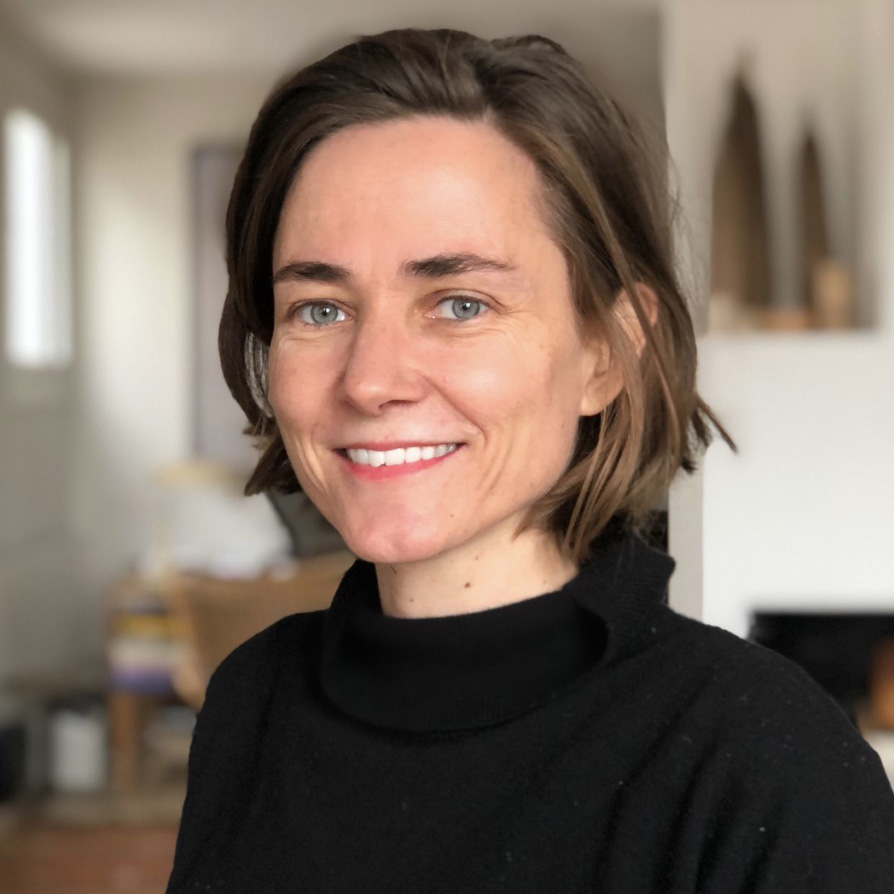
Susana Cruylles, is a Clinical Psychologist and Family Therapist, specializing in Childhood Trauma. She worked for the Spanish and British, public and private mental health systems—coordinating the Childhood Trauma Program in Madrid. She collaborates in mental health teams for NGOs and the International Committee of the Red Cross. Her effort focuses on developing and disseminating treatments for children and families under traumatic stress, as well as on promoting resilience programs. She is an International Collaborator of the Early Life Stress and Resilience Program and coordinated the translation of the Cue-Centered Therapy manual into Spanish.
